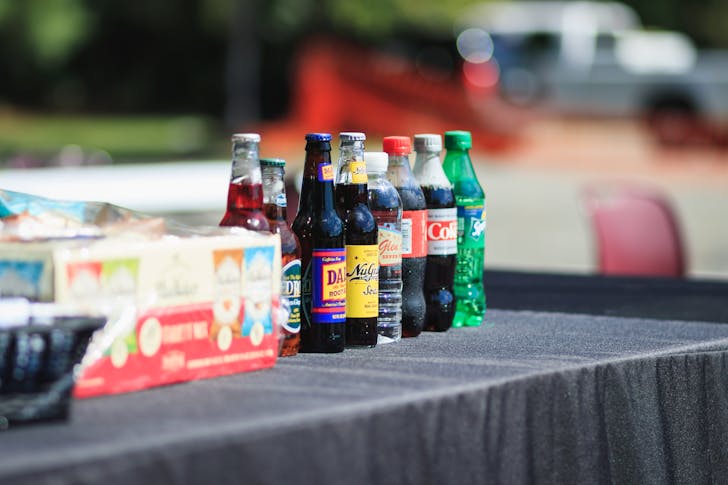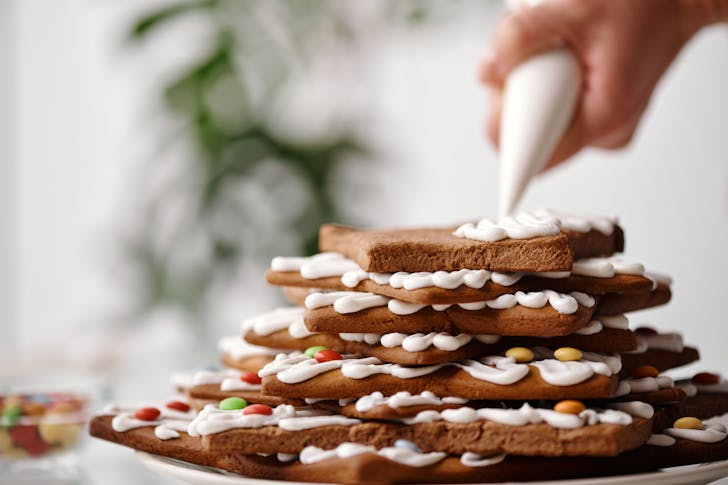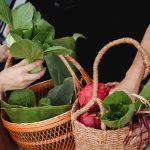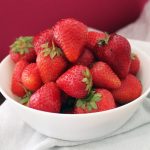The UK government has announced a junk food ban, targeting specific foods as part of a broader effort to combat childhood obesity. The ban will prohibit the advertisement of these foods on TV before 9 PM and on online platforms. This policy aims to limit the exposure of unhealthy foods to children, significantly influencing their eating habits at a young age.
Foods Classified as Junk Food
Under this ban, certain foods will be restricted based on a set of criteria. The government classifies a food as "less healthy" by analyzing its nutritional content, including levels of salt, fat, and sugar. Foods that meet this criterion will be banned from advertisements if they fall into one of 13 categories identified by the government. These categories include some of the UK's most popular foods and beverages.
Soft Drinks and Savoury Snacks
One of the primary targets of the ban is soft drinks. Beverages with added sugar, such as cola, lemonade, and energy drinks, are included. Surprisingly, even fruit juices and smoothies, often considered healthy options, will be affected due to their sugar content.
Savoury snacks like crisps, crackers, and rice cakes will also face restrictions. Popular snack items such as tortilla chips and Bombay mix are included, although dried fruit and jerky are exempted. These snacks contribute significantly to excess calorie intake and childhood obesity, making them a focus of the junk food ban.

Michael Morse | Pexels | Beverages with added sugar, such as cola, lemonade, and energy drinks, are included in the ban.
Breakfast Cereals and Confectionery
Breakfast cereals are another major category. Granola, muesli, and porridge oats, which many consider healthy, will face restrictions due to their sugar content. This inclusion raises concerns about popular breakfast options for families with young children.
Chocolates and sweets, unsurprisingly, fall under the junk food category. However, this group extends beyond traditional confections. Items such as popcorn and chewing gum also face restrictions, emphasizing the government's commitment to reducing sugar intake.
Ice Cream, Cakes, and Biscuits
Dairy and non-dairy frozen desserts, including ice cream, lollies, sorbet, and frozen yogurt, are also part of the ban. This move reflects the high sugar content typically found in these products. Even with non-dairy alternatives, the goal remains to limit the consumption of highly processed, sugary treats.
Cakes and cupcakes will no longer be promoted on TV or online under the ban. Items like flapjacks, doughnuts, and éclairs also fall into this category. Interestingly, icing is exempt, despite its sugar content, though it's likely due to its use as a topping rather than a standalone item.
The ban also applies to biscuits and bars. Protein bars and cereal bars, which are often marketed as healthy alternatives, will be restricted. Wafers and toaster pastries, common snacks, will also fall under this ban, signaling the government’s commitment to curbing sugar consumption at all levels.
Morning Goods and Desserts

Nicole Michalou | Pexels | Cakes and ice creams will no longer be promoted on TV or online under the ban.
Popular bakery items categorized as morning goods, like croissants and pain au chocolat, are on the list. This category also covers crumpets, scones, fruit loaves, and hot cross buns. Despite their occasional consumption, these items contain high levels of fat and sugar.
Under the desserts and puddings category, familiar treats like custard, jelly, and mousse will no longer appear in advertising. The government has made some allowances here, exempting tinned fruits, cream, and syrups, which are seen as more natural, less processed options.
Yoghurt, Pizza, and Potatoes
The junk food ban will also cover sweetened yoghurt and its non-dairy alternatives, along with probiotic yoghurts and drinkable varieties. Despite yoghurt’s reputation as a health food, the added sugars found in many brands make them a target.
Pizza is a beloved staple, but the government has included all types and sizes of pizza in the ban. Plain pizza bases and garlic bread are exempt, suggesting that the government is more concerned with the high-calorie toppings and processed meats often added to pizzas.
The potato category includes items like chips, hash browns, and croquettes, but plain and sweet potatoes that haven’t been processed or cooked are exempt. These exemptions are designed to promote natural, unprocessed foods as healthier alternatives.




